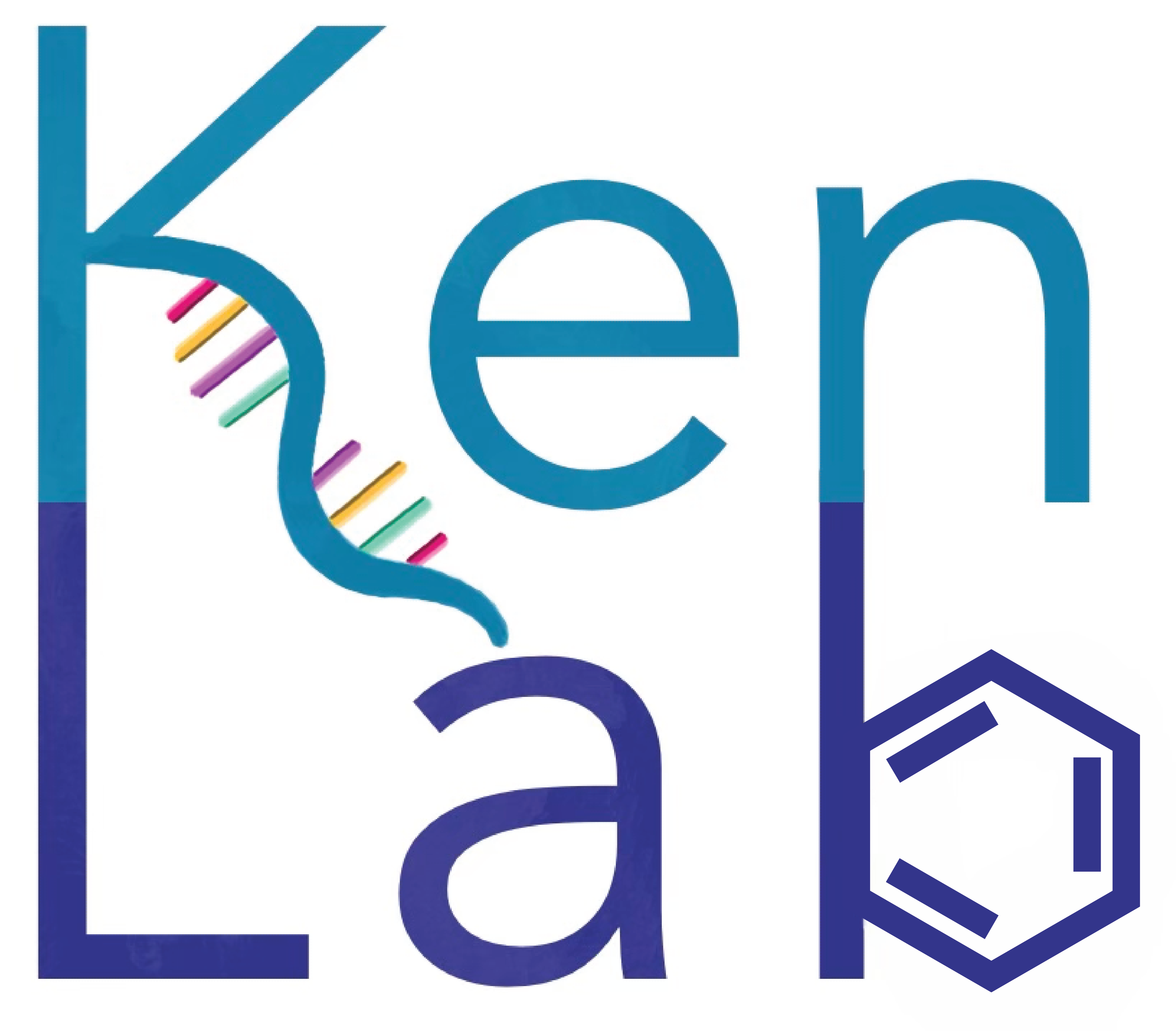Advocacy
Science is for everyone! The Ken lab is committed to fostering an equitable, inclusive, and positive work environment where scientists from diverse backgrounds can be successful, be heard, and have fun making scientific discoveries. We also understand that we are part of larger communities and are responsible for advocating for these principles within those communities to create positive change. We recognize the presence of structural inequities that persist in academic environments and society at large. These inequities and the harmful environments they create actively propagate disparities in access, opportunity, and achievement between majority and marginalized groups, and undoubtedly negatively impact scientific progress.
There is much work to do, and the specific goals we work towards on a monthly and yearly basis will shift as new people enter and exit the lab and our discussions evolve. Specific efforts will be documented on this page in the future. However, there are several overarching principles that define our commitment to DEI, advocacy, and justice:
Transparency: Clear expectations about how our group operates and the goals we are trying to achieve are crucial to a positive work environment. Our lab guide is currently under construction but will be linked here when it is complete. This guide serves to reinforce equitable training by outlining general guidelines that everyone should strive to adhere to, while also leaving space for individuals to pursue their unique goals.
Recruitment of diverse individuals: We are committed to actively recruiting and mentoring trainees from underrepresented groups. Many biases exist that affect who is included in the applicant pool. We seek to counteract these biases by actively seeking underrepresented scientists outside of the institution. One way we do this is by attending conferences held by affinity groups such as ABRCMS and SACNAS.
Tailored mentoring: We care about your career goals and professional development. Every individual comes to the lab with a different set of skills, passions, and objectives. In order to provide an equitable training experience while propelling each trainee toward their individual aims, we create individual development plans (IDPs) that are revisited every 6 months. Additionally, each trainee will work collaboratively with Megan to create a mentoring compact that outlines responsibilities and expectations for both the mentor and the trainee. This is done to ensure transparency and accountability in the mentorship process.
Outreach: While we are not formally affiliated with any programs at this time, we hope to engage with Scripps outreach programs to mentor students K-12 students and foster interest in STEM, as well as participate in summer REUs focused on mentoring undergraduates underrepresented in STEM.
Fun work environment that encourages connection: Full days of pipetting or data analysis can sometimes be a drag, but the people you work with can make all the difference. We plan regular group activities and make sure to mark the achievements of all group members with celebrations.
Local DEI conversations: Progress is made by people, through discussions which can sometimes be uncomfortable. We aim to foster an environment in which DEI issues that we face can be openly discussed. We nurture these conversations and uplift voices of scientists actively investigating these issues through a quarterly group journal club that examines scientific articles focused on DEI in STEM. Check back later for our reading list! We also engage with the Network for Women in Science at Scripps by participating in meetings and activities.
National DEI conversations: We will actively engage with DEI committees and advocacy initiatives at the national level through the scientific societies we are a part of such as the Biophysical Society, RNA Society, and ASBMB.
